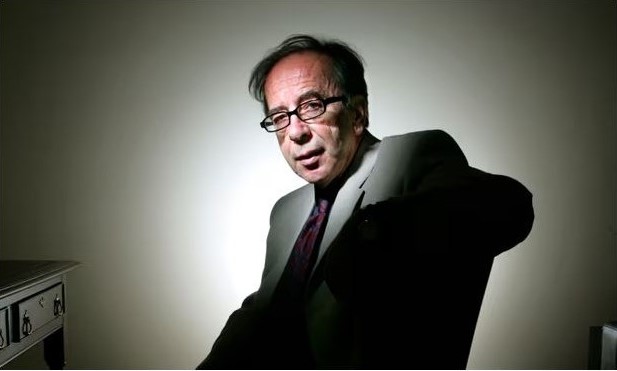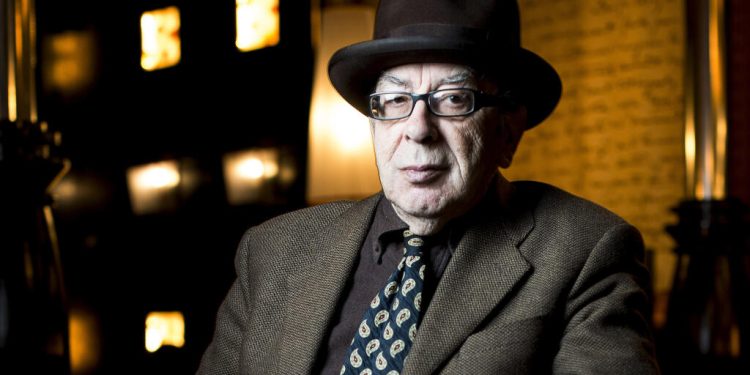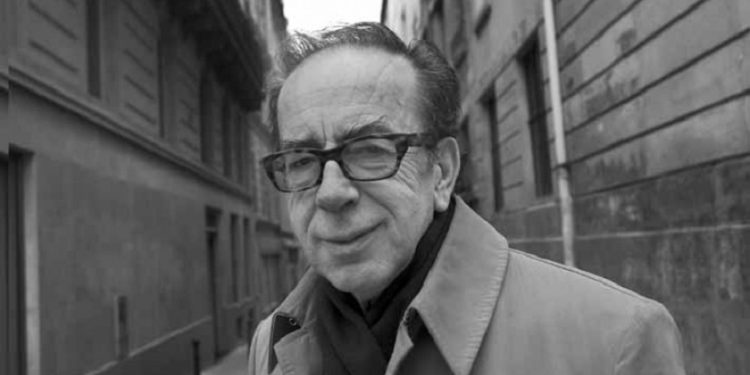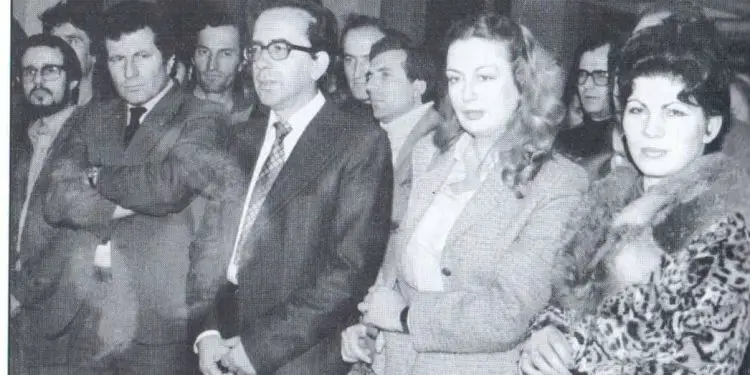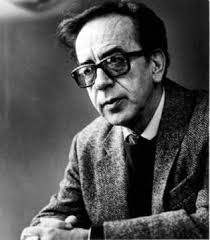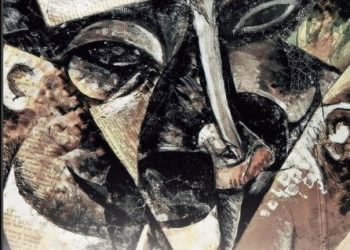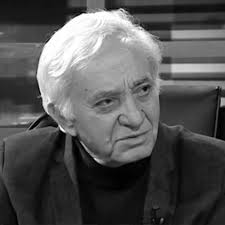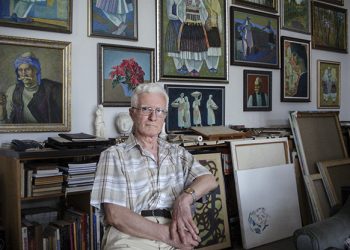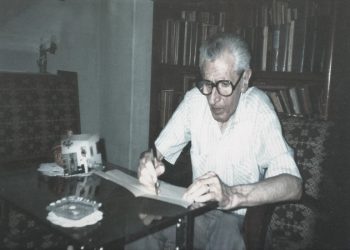By Mero Baze
Albania is not ready to see Ismail Kadare off. It has been caught as if in a trap by his departure. And this isn’t about the kind of urgency when you find your house in a mess and can’t receive guests. It’s more than that.
Albania was spoiled by fate to have one of the titans of world literature alive and part of it for 88 years, and it had become so familiar with this fortune, as if it were a common thing.
He became a blessing for Albanians who wanted to keep their minds alive from the conformism of socialist realism, and even more so, he became a blessing for Albanian society by cultivating the tastes of Western art and the standards of a universal culture.
Above all, he became a blessing for the Albanian language, being its modern father, making it a language capable of writing great literature.
Given that for Albanians, language is the spinal column around which our national identity is forged—with three religions, with Ghegs and Tosks, and with a difficult geography-Ismail Kadare remains, for this reason, a molder of our pro-Western national identity.
When I say that Albania is not ready for his departure, I have in mind that we had become familiar with the idea that the man who gave more value to Albania than any other Albanian had this as a duty assigned by God, and we had the duty to judge him for his earthly life.
The mudslingers of freedom could not stand the fact that he had talked to the neighborhood saleswoman or that he had slyly outmaneuvered “Comrade Enver” and escaped punishment. Now that they won’t see him in the neighborhood anymore, and will only have his literature to face, perhaps they feel liberated, since they have no business with books, but with people.
Now that we will no longer have him among us, we will understand that his absence will leave a chasm behind, on the edge of which stands fragile Albanian literature, which without Ismail Kadare is like a tumbling stone.
He is the bulwark and the only hope that our national culture will never be completely eroded. His works are a dam against any evil that may threaten its future.
Therefore, Albania is not ready to see him off today. It is unprepared, unable, and hopeless to fill the void he leaves. When we say we are not ready to see him off, I mean that we are not ready to be the same without him being alive. And we will all understand this very soon.
Ismail Kadare is the last person who upheld a system of values for the Albanian nation, a system on which neither the mud of freedom nor the blood of dictatorship could stick.
He carried on his back the weight of the cross to sometimes forcibly keep us with our heads towards the West.1
This was his mission and the “dictatorship” of the man who showed the world that a small language like Albanian can produce great literature and a country like Albania can produce worthy citizens of the world.2
And no one can overthrow his kingdom. Albania will be remembered in the world, among other things, because Ismail Kad3are was born and lived in that country.




